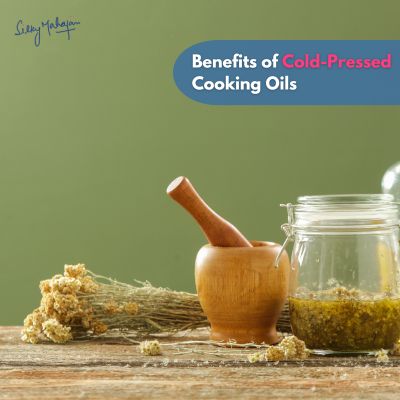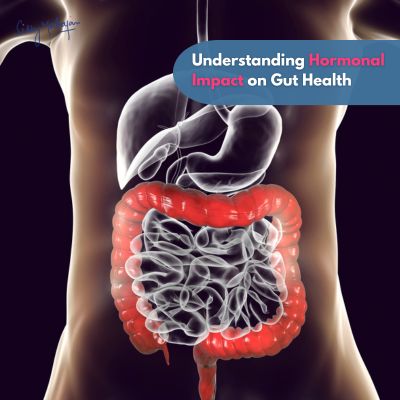As summer approaches, the allure of sugary fruit juices and cola drinks grows, especially for children. However, these beverages can contribute to health issues like weight gain and diabetes. Explore healthier alternatives to quench your thirst and stay hydrated this summer.
7 Refreshing and Healthy Summer Drink Options
Discover delightful ways to stay refreshed without the added sugar:
1. Infused Water
Enhance water with cucumber slices or berries for a flavorful twist.
2. Homemade Lemonade
Make lemonade at home using fresh lemons and a touch of honey for sweetness.
3. Fresh Fruit Juices
Opt for fresh watermelon or grapefruit juice, or try Jaljeera for a tangy alternative.
4. Refreshing Smoothies
Blend watermelon mint, Mango banana, Spinach-banana, Coconut blueberries, or Cucumber mint and melon for delicious, hydrating smoothies.
5. Coconut Water
Enjoy the electrolytes and hydration benefits of coconut water.
6. Unsweetened Iced Tea
Sip on unsweetened iced tea with a hint of lemon for a cooling treat.
7. Homemade Fermented Drinks
Experiment with homemade kombucha or water kefir for a healthy, bubbly beverage.
Conclusion
This summer, prioritize your health by choosing refreshing drinks that nourish your body without excess sugar. Share your favorite cooling beverages in the comments below and stay tuned for more health and nutrition tips!
In case of any related query related to nutrition or weight management book an appointment with Dt. Silky Mahajan .You can also send us a mail at info@foodsandnutrition.in or call on 7829999400. Follow us on facebook & instagram for latest updates.











